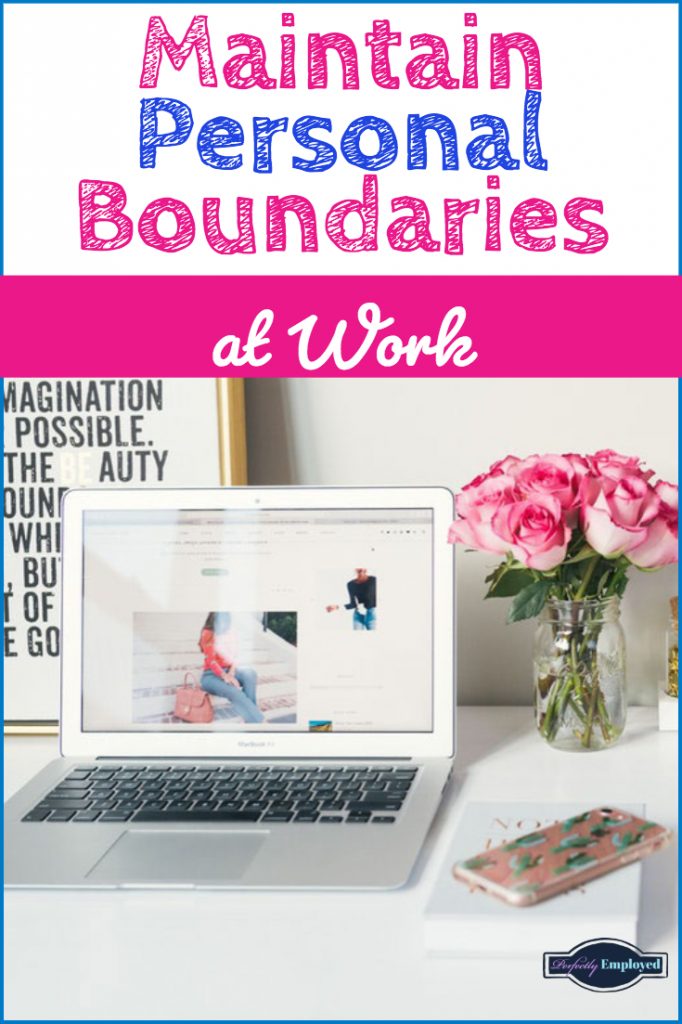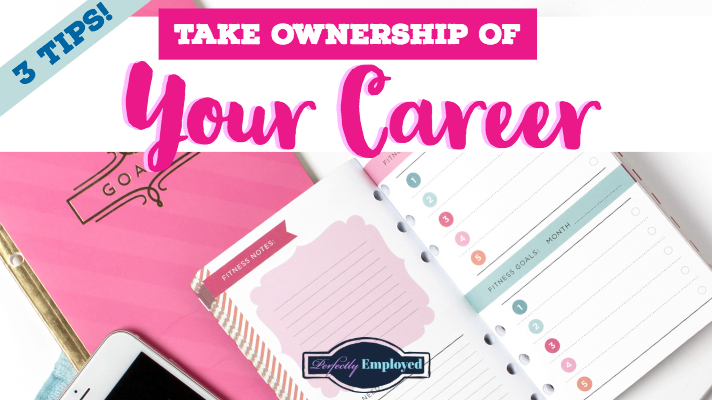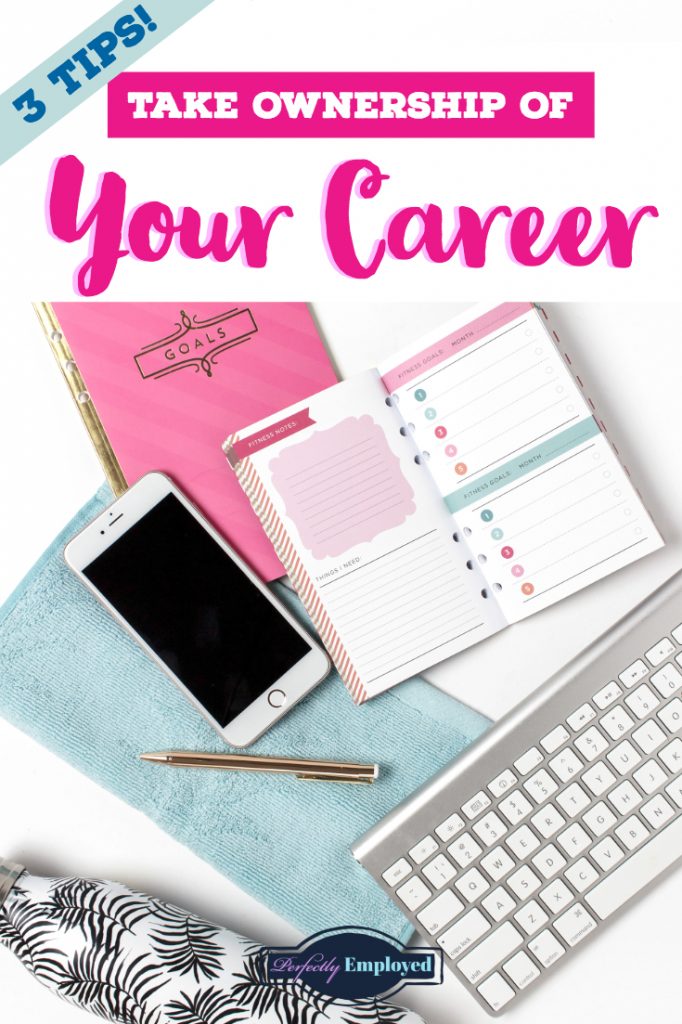Your job skills list is one of the biggest selling points on your resume. Strengthening your skill set makes you more attractive to employers and helps you negotiate a higher salary and/or position title. Job skills don’t necessarily need to be industry specific either. Here are a few skills that will strengthen your job skills list:
Additional Languages
Being able to speak any additional languages, even if only at a basic conversational level, can be useful in many roles. It’s a good way to take on new responsibilities, as you can find that people often turn to you as a representative of the company when communicating with people from other countries.
If you don’t already speak an additional language, taking steps to learn one is a good idea. Consider which languages might be more useful in your field of work. You can also look into taking business language courses, which will teach you not only the vocabulary but the etiquette you need to do business in another language.
Skills Adjacent to Your Role
Lots of people can improve their position at work by learning new skills that are useful for their role, but not necessarily essential. Think of the things that you often need to ask someone else to do, but which could mean that you’re less productive while waiting for someone to fulfill your request. For example, perhaps you’re writing a blog post, but you need someone else to create a graphic for you. If you can do this yourself, you could complete the whole project on your own and get exactly the results that you want.
Technology Skills
There are so many things relating to computing and technology that can be useful skills for you at work. Having to get someone more technically savvy to do things for you can be one of the most frustrating things at work. If your computer decides not to cooperate, waiting for someone from IT to come and sort it out can feel like a huge waste of time.
Even just being able to do basic IT troubleshooting can give you an advantage in the workplace. Knowing about a range of technologies and systems can help you too. If you know all about cloud computing or you can do some basic programming, it can help you to get recognized.
Social Media Skills
Most people in the workforce these days can use social media in some capacity, from keeping in touch with family through Facebook to using Snapchat with friends. But being able to use it in your personal life isn’t the same as using it for business. It takes skills and knowledge to use social media in a professional capacity, whether you’re maintaining an employee account or looking after the brand’s social presence.
If you can demonstrate that you have skills in social media for business, it could help you to stand out to employers and superiors. It’s especially useful if you work in any kinds of marketing capacity, but your skills could be beneficial even if you don’t work in a marketing role.
Health and Safety Skills
Health and safety in the workplace have become increasingly important over the years. While some people might find it annoying, it has done a lot to improve working conditions, especially in some industries. Being able to help with maintaining health, wellbeing, and safety in the workplace could give you an edge at work and perhaps open up new opportunities for you. Learning first aid skills is a popular choice, and they can be useful in a variety of working environment.
The National CPR Foundation can teach you one of the essential first aid skills that you should have, and that you should keep updated too. As well as physical first aid, you might consider learning some skills relating to first aid for mental health.
Driving Qualifications
Being able to drive will usually give you more employment options. It gives you better access to a wider range of roles in different locations, although some people who live in cities might not need to drive. Going beyond a basic driver’s license can also be useful for your career.
If you can handle a range of vehicles or you’re able to drive passenger vehicles like minibusses, it could give you opportunities to get involved with new things. Whether that means taking on a new role and responsibilities or just helping out when someone is in need of a driver, it could mean you have something to offer.
Compliance Skills
Rules and regulations that apply to different industries can change all the time. When a major change occurs, it can become difficult for many businesses to catch up. Having training in these areas can give you an edge while you’re looking for work or perhaps asking for more responsibility in your current role. For example, the introduction of the EU’s GDPR legislation for data control has meant a big change for many businesses.
The new rules can seem complicated, but having training in what they mean could really help you to stand out. Laws and regulations can change all the time, so keeping your knowledge up to date is a good idea.
Communication and Relationship Skills
There are many skills in communication and business relationships that can be really helpful for your career. Some of them might be useful in specific areas of work, such as human resources, but other skills can be useful for anyone. General communication skills can be learned in various ways, or you might want to focus on something specific. For example, learning about conflict resolution or effective leadership can be useful for managers in particular. You might also want to consider things like sensitivity and diversity training too.
Related Posts
Speaking and Presenting Skills
Another way that you might improve your communication skills is by working on your presenting and public speaking capabilities. Practice makes perfect where these are concerned, but you can also learn some excellent techniques to improve your talks and presentations. If you have a qualification or certificate, you have something that enables you to demonstrate your skills and knowledge in the area.
Giving a presentation is about more than the presentation itself, too. Preparing for it and putting it together is also important, and having the skills to do this can allow you to be involved in a presentation, even if you’re not the one giving it.
Social Responsibility Skills
Many businesses are trying to be more ethical and socially responsible. As well as deciding that it’s the right thing to do, they also recognize that it’s something that consumers are increasingly demanding. Having a clear understanding of how a business can be more ethical in various ways can make you an asset in your place of work. You can learn about things like making your workplace more energy-efficient, how to source ethical products and how to be more sustainable. With these skills and knowledge, you can take the initiative to take action and help to make your place of work more socially responsible. Taking on a project at work can give you the chance to stand out to your employer or manager as someone willing to go the extra mile.
Save to Pinterest






















